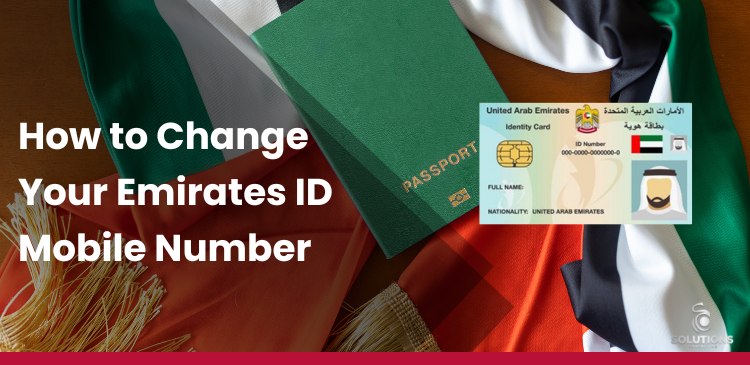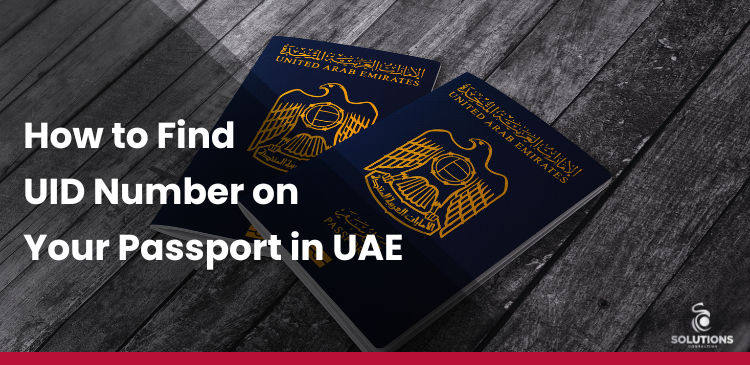Opening a bank account for your free zone company in the UAE is an essential step to ensure the smooth operation of your business. Whether you’re just starting a company or expanding your business in UAE, having a business bank account allows you to manage your finances, conduct transactions, and safeguard your company’s assets.
The UAE’s free zones offer numerous benefits for businesses, including tax exemptions, 100% foreign ownership, and strategic locations, making them an attractive option for entrepreneurs.
In this article, we’ll guide you through the steps and requirements to open a free zone company bank account in the UAE.
Do You Need a Company Bank Account in Free Zone?
Yes, you do. A free zone company bank account is crucial for businesses operating within the UAE’s free zones. One of the primary reasons for opening a business account is that it allows you to separate your personal finances from your business finances. This separation is essential for maintaining transparency and ensuring accurate financial records.
Moreover, a business bank account gives you access to the UAE’s reliable and advanced banking system. It provides a wide range of services that are essential for the growth and stability of your business.
In addition to financial management, many legal and regulatory requirements necessitate having a bank account. For instance, many free zones require you to have a company bank account in place before you can fully operate your business.
Without it, you’ll find it challenging to conduct day-to-day transactions, including paying employees, suppliers, or service providers. Therefore, a company bank account is not just a convenience—it is a necessity for operating legally and efficiently in the UAE.
Also read how to open a bank account in UAE.
Benefits of Having a Free Zone Company Bank Account
A free zone company bank account opens up numerous financial benefits and facilities, making business operations smooth and effective. Here are some key advantages:
- Full privacy: The UAE banking system prioritizes privacy and ensures that your personal and financial information is protected from unauthorized access.
- Easy and reliable capital transfer: With a free zone bank account, you can seamlessly transfer funds both within the UAE and globally, supporting your business needs wherever you operate.
- Access to international banks and transactions: Opening a bank account in a UAE free zone connects you to international banking institutions and their diverse range of services, helping you expand your business reach.
- Currency exchange options: UAE banks provide access to multiple currency options, allowing your company to conduct business in various currencies without hassle.
- Access business loans: Free zone companies enjoy access to loan facilities tailored to meet personal and business needs, helping support growth and expansion.
- Credit card options: Banks offer credit card options for free zone companies with unrestricted purchases, making it easier to manage business expenditures efficiently.
- Low interest rates: Free zone bank accounts typically come with competitive interest rates, enabling your business to save money and invest more in its operations.
- ATM services: The convenience of easy cash withdrawal through ATM services is available for free zone businesses, making daily financial transactions more straightforward.
- Zero tax: Free zone companies benefit from zero taxation, ensuring that businesses keep more of their revenue and reinvest it in growth.
What are the Requirements to Open a Free Zone Bank Account?
Opening a free zone bank account in the UAE involves fulfilling specific criteria. Banks typically conduct thorough checks to ensure compliance with regulations and to safeguard against money laundering activities.
Here are some common requirements:
- Presence of a valid free zone business license: The company must hold a valid business license issued by a UAE free zone authority, which certifies that it operates within the legal framework of the country.
- A physical office or virtual office in the free zone: Most banks require the business to have a physical or virtual office in the respective free zone where the company is established.
- Initial deposit requirement: Some banks may ask for an initial deposit to open the account, which can vary depending on the bank and the type of account being opened.
- Proof of company shareholders and management structure: The bank needs to know the ownership structure of the company, including shareholders and key management personnel.
- Clear business plan: A well-drafted business plan outlining the company’s activities, expected turnover, and target market can also be a requirement to demonstrate the company’s business intentions.
The Documents Required to Open a Free Zone Bank Account
To successfully open a bank account for your free zone company, you’ll need to present several important documents. These documents help banks assess the legitimacy of your business and ensure that you meet the necessary regulatory requirements.
Here’s a list of the typical documents required:
- Certificate of Incorporation
- Business Trade License
- Memorandum and Articles of Association
- Board Resolution
- Passport copies of shareholders and authorized signatories
- Proof of address
- Bank Reference Letters
- Proof of income or financial statements
Types of Free Zone Bank Accounts You Can Choose From
When opening a bank account for your free zone company in the UAE, you can choose from several types of accounts, depending on your business needs. The three most common types are:
1. Current Account
A current account is the most common type of bank account for free zone companies. It allows businesses to manage daily financial transactions, such as paying employees and suppliers, receiving payments, and transferring funds. Current accounts usually do not earn interest, but they offer easy access to funds and a wide range of banking services like chequebooks and debit cards.
2. Saving Account
A savings account is ideal for businesses looking to earn interest on their deposits. While savings accounts usually limit the number of withdrawals you can make each month, they provide an opportunity to grow your funds over time. This type of account is perfect for companies that want to set aside money for future investments or business expansion.
3. Investment Account
Investment accounts are designed for businesses looking to grow their capital through investments. These accounts allow companies to invest in various financial instruments, including stocks, bonds, and mutual funds. They offer the potential for higher returns, making them suitable for businesses with surplus cash that want to explore growth opportunities.
Conclusion
Opening a bank account for your free zone company in the UAE is an essential step to ensure the smooth functioning of your business. It provides access to a wide range of financial services, including local and international transactions, loans, credit facilities, and more.
By understanding the benefits, requirements, and documentation needed, you can efficiently open a business account that supports the growth and success of your free zone company.
Let us handle all the intricacies of the process and make it smooth for you. Contact SolutionsFZCO to open your bank account today.
Frequently Asked Questions
Can a Free Zone company open a bank account in Dubai?
Yes, a free zone company can open a bank account in Dubai. The process is similar to opening an account in any other UAE emirate. Dubai’s financial system is highly developed, offering numerous banking options to cater to the needs of businesses, including free zone companies.
Is it possible to open a Free Zone bank account remotely?
Yes, some banks in the UAE allow free zone companies to open accounts remotely. However, this is subject to the bank’s policies, and not all banks offer this service. Remote account opening typically involves additional verification steps, such as video calls, to ensure compliance with regulatory requirements.


![How to Get a Trade License in Dubai [Full Guide]](https://solutionsfzco.com/wp-content/uploads/2024/09/how-to-get-a-trade-license-in-dubai.png)




